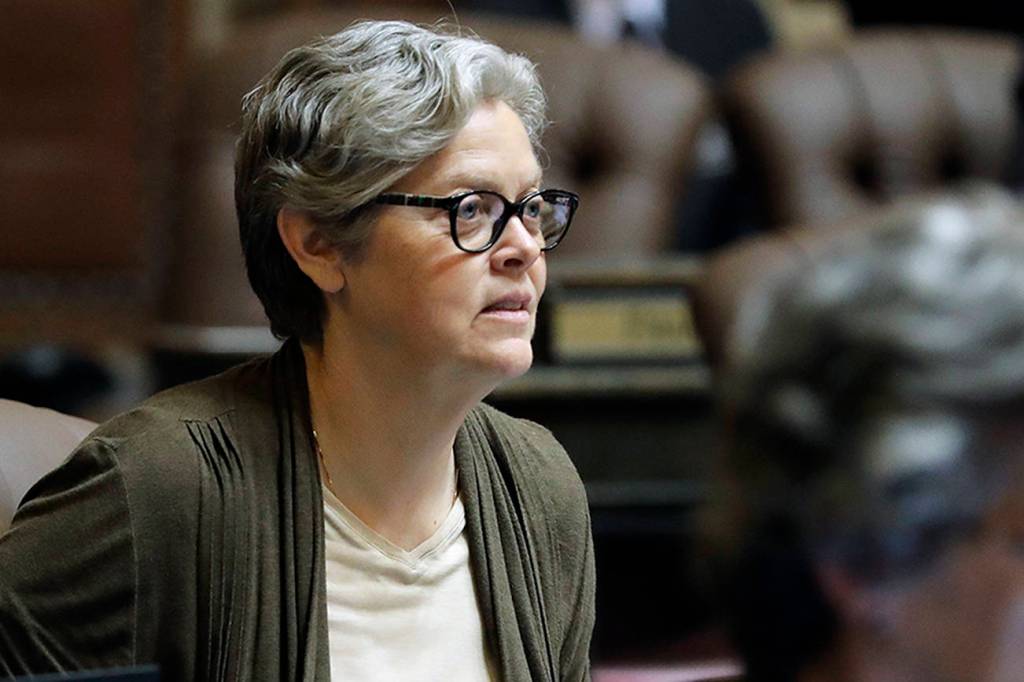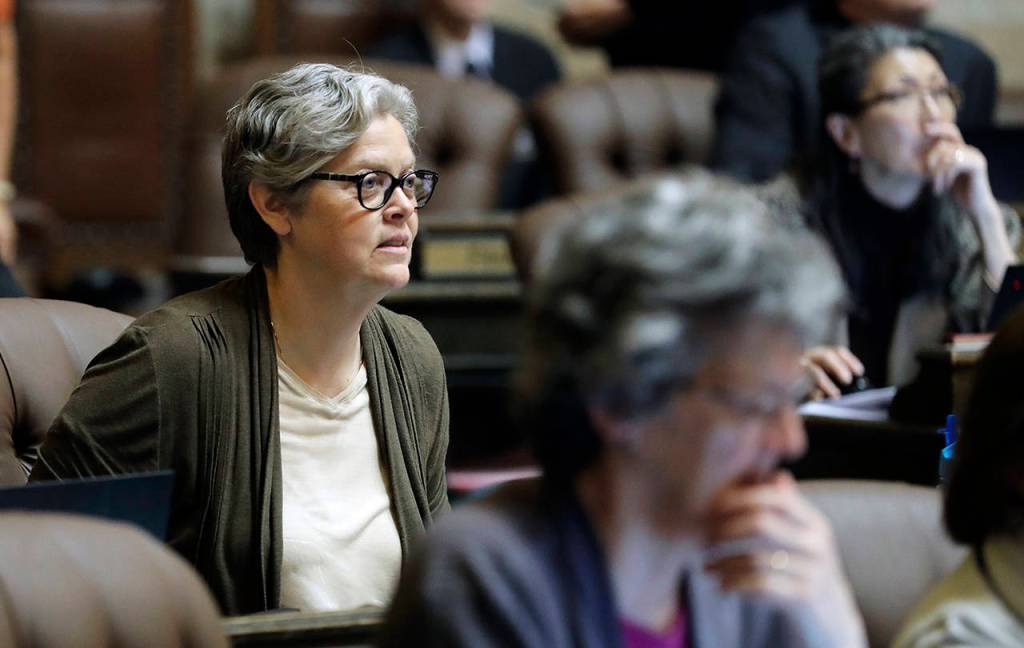Washington set to be 1st state with long-term care benefit
Published 1:30 am Thursday, April 18, 2019


By Rachel La Corte / Associated Press
OLYMPIA — Washington is poised to become the first state to establish an employee-paid program creating an insurance benefit to help offset the costs of long-term care, a step advocates say will help an aging population that is likely not prepared for the increasing costs needed for daily assistance.
The measure creates a benefit for those who pay into the program, with a lifetime maximum of $36,500 per person, indexed to inflation, paid for by an employee payroll premium. It has cleared both the House and the Senate, but because the Senate made several changes before passing it earlier this week, the measure now heads back to the House for a final vote.
According to AARP of Washington, 70% of residents 65 and older will require some type of assistance to live independently.
Only an estimated 7 million to 8 million Americans have private long-term care insurance, which is costly and generally requires applicants to pass a health screening. Many assume that Medicare covers long-term care, but that’s not the case except for limited care for skilled nursing care or rehabilitation. Qualifying for public coverage under Medicaid, which covers low-income people, involves spending down lifetime savings.
“This is a way to try and give people a benefit that they’ve paid into that will be able to keep them out of poverty and accessing a broad array of services they may need,” said Democratic Rep. Laurie Jinkins of Tacoma, the bill’s sponsor.
Opponents call it an unnecessary intrusion by government and an additional tax on employees who haven’t had a say on whether they want such a program. Proposed referendum amendments to require voters to weigh in were rejected by lawmakers.
“I do believe people need long-term care insurance,” said Republican Sen. Maureen Walsh of Walla Walla. “But to have a state-run government program instead of just incentivizing people who are already doing this work in the private sector, this is crazy.”
Under the proposal, premiums of 0.58 % of wages would start being collected from employees on Jan. 1, 2022, meaning an employee who makes $50,000 a year would pay about $24 a month. Employers would not be required to pay into the program. Starting Jan. 1, 2025, people who need assistance with at least three “activities of daily living” such as bathing, dressing or administration of medication, could tap into the fund to pay for things like in-home care, home modifications like a wheelchair ramp and rides to the doctor. The benefit also covers home-delivered meals, and reimbursement to unpaid family caregivers.
To be eligible, workers will have had to have paid the premium working at least 500 hours per year for three of the previous six years in which they’re seeking the benefit or for a total of 10 years, with at least five of those paid without interruption. The Senate boosted that requirement from the original House version. The Senate proposal exempts workers who show they already have long-term care insurance.
“We know both in our state and nationally we have a tidal wave of folks who are going to be in a position to need support later in life,” said Gov. Jay Inslee, who supports the measure.
Washington isn’t the only state that has contemplated long-term care, but it has moved the fastest on creating a defined insurance policy.
While Maine voters last year rejected a referendum that would have provided home care to all seniors and disabled people regardless of income, other states have explored various options.
Hawaii has adopted a public cash benefit for caregivers of the elderly, California is considering a ballot initiative on a public long-term care financing program, Michigan and Illinois are beginning to study public programs for those not on Medicaid, and Minnesota’s human services department has proposed two alternative private financing options, according to Howard Gleckman, a senior researcher at the nonpartisan Urban Institute think tank.
“There’s a lot of discussion around the country, but Washington state is far ahead in at least getting close to the goal line,” Gleckman said.
About two-thirds of adults favor a long-term care program similar to Medicare, according to an Associated Press-NORC Center for Public Affairs Research poll last year. That includes 76 percent of Democrats and 56 percent of Republicans.
The Medicare for All bills introduced by Sen. Bernie Sanders and Reps. Pramila Jayapal, D-Wash. and Debbie Dingell, D-Mich. expand coverage for long-term care, emphasizing home and community based services.
Advocates say that while any federal plan could compliment state efforts, legislators should not wait on Congress.
“What they’re proposing right now could take years to actually be realized,” said AARP Washington Advocacy Director Cathy MacCaul, who noted that the median retirement savings for people over 65 is just $148,000, while the lifetime cost of care can average as high $266,000. “The challenge exists now.”
AP reporter Ricardo Alonso-Zaldivar contributed from Washington, D.C.






